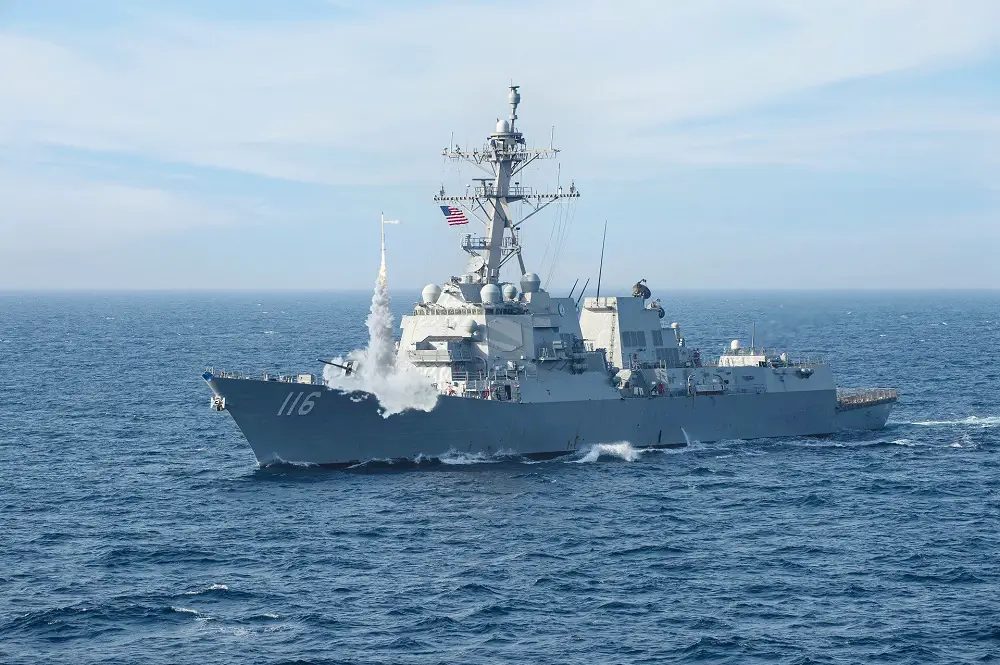In partnership with multiple Department of Defense Services and Components, Lockheed Martin launched a PAC-3 Missile Segment Enhancement (MSE) interceptor from an MK-70 containerized launch platform to engage a cruise missile target in flight. This test marks the first time PAC-3 MSE was launched in this configuration, utilizing the Virtualized Aegis Weapon System, to intercept a live target. Lockheed Martin is working to deliver enhanced IAMD capability to the U.S.’s most modern combat system to defend against simultaneous advanced air, surface,and missile threats. PAC-3’s unmatched Hit-to-Kill capabilities defend against advanced threats including tactical ballistic missiles, cruise missiles, hypersonic missiles, and aircraft.
“This successful test showcases Lockheed Martin’s commitment to developing mission-focused, integrated technology to keep those who serve ahead of evolving threats,” said Tom Copeman, vice president of Strategy and Naval Programs at Lockheed Martin. “These systems could deliver a proven, Integrated Air and Missile Defense (IAMD) capability with growing capacity to the U.S. to help defend against advanced, maneuverable threats.”

The PAC-3 family of missiles defend against incoming threats using direct body-to-body contact that delivers exponentially more kinetic energy on the target than can be achieved with blast-fragmentation mechanisms. Building on the combat-proven PAC-3 Cost Reduction Initiative (CRI), the PAC-3 Missile Segment Enhancement (MSE) expands the lethal battlespace with a two-pulse solid rocket motor, providing increased performance in altitude and range. Lockheed Martin is investing in a PAC-3 MSE/Aegis integration that could deliver a proven, Integrated Air and Missile Defense capability with growing capacity to help maritime customers defend against advanced, maneuverable threats.
Integrating PAC-3 MSE and the Aegis Weapon System first requires Lockheed Martin to modify the PAC-3 MSE Radio Frequency Data Link to communicate with the SPY-1 radar. The SPY-1 radar operates on an S-band frequency, which required Lockheed Martin to convert PAC-3 MSE’s existing dual-band datalink to a tri-band datalink to communicate at S-band. This successful test, funded internally by Lockheed Martin, validates the initial integration of this capability. SPY-1 radars exist on nearly 100 U.S. Navy Aegis Cruisers and Destroyers, and with proven performance and growing capacity, integrating PAC-3 MSE with Aegis can help sailors stay ahead of evolving threats.















